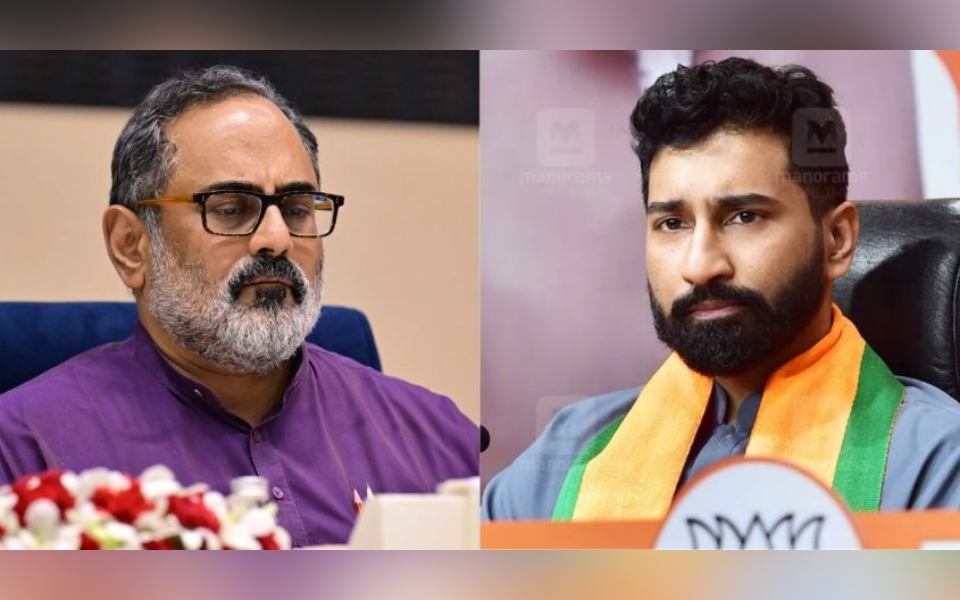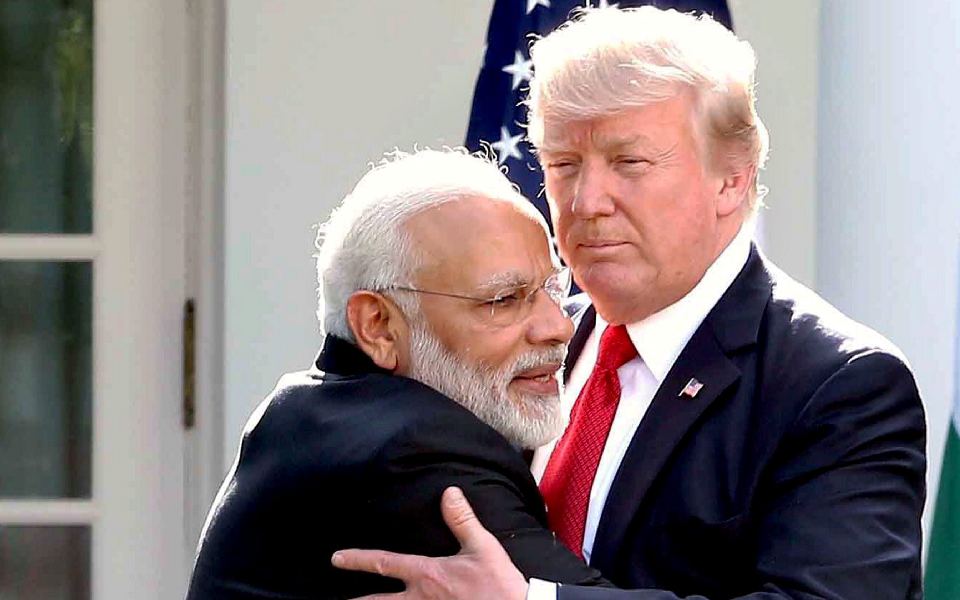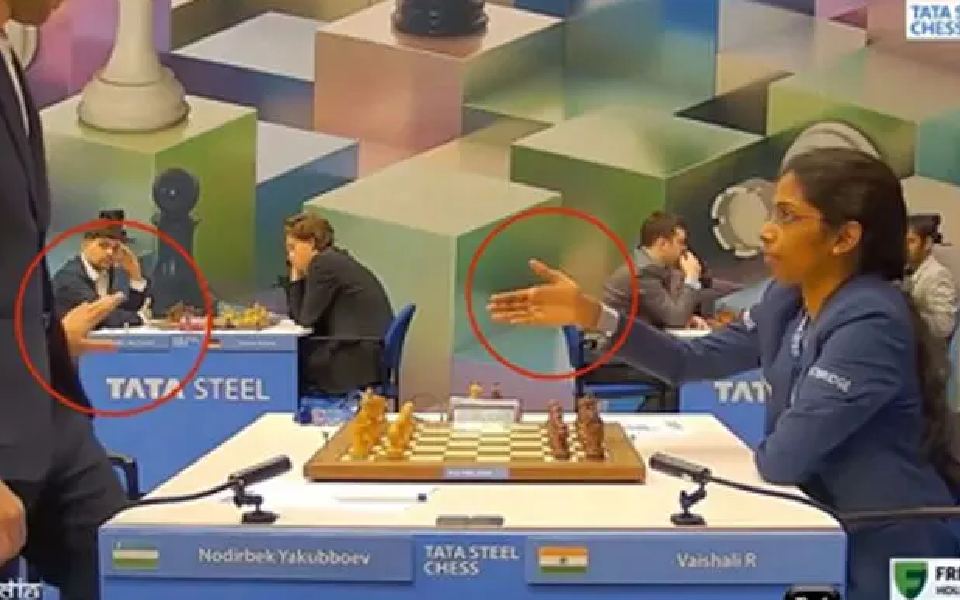New Delhi: In a move towards securing a substantial foothold in Kerala, where the Bharatiya Janata Party (BJP) currently lacks representation in the Lok Sabha, the party has nominated Anil Antony and Rajeev Chandrasekhar for the upcoming elections.
Prime Minister Narendra Modi recently expressed the party's aspiration to achieve a two-digit figure in Kerala, setting the stage for a fierce electoral battle.
Anil Antony, son of former defense minister AK Antony, will contest from Pathanamthitta, while Rajeev Chandrasekhar, the Union Minister of State for Skill Development and Entrepreneurship, Electronics and Information Technology, and Ministry of Jal Shakti, will make his Lok Sabha debut from Thiruvananthapuram. Chandrasekhar, a technocrat with a background at Intel, previously served as a Rajya Sabha member and holds a significant portfolio in the Union Cabinet.
The BJP aims to bolster its presence in Kerala by fielding strong contenders, including Suresh Gopi from Thrissur, Muraleedharan from Attingal, and Shobha Surendra from Alappuzha. Rajeev Chandrasekhar is expected to face Congress's Shashi Tharoor, the incumbent MP from Thiruvananthapuram, in what is anticipated to be a closely watched contest.
Anil Antony, who joined the BJP in 2023, previously headed the Congress Kerala digital media cell. His decision to switch parties caused a stir, as his father, AK Antony, a long-serving Congress leader, did not endorse his move. In the BJP, Anil Antony serves as the national secretary and a national spokesperson.
Rajeev Chandrasekhar, known for his technocratic background and entrepreneurial endeavors, has played a pivotal role in sectors such as telecommunications. With a successful stint at Intel and founding BPL Mobile in India, he later sold his stake to the Essar Group. Chandrasekhar founded Jupiter Capital in 2005, accumulating significant investments in technology, media, hospitality, and entertainment.
Let the Truth be known. If you read VB and like VB, please be a VB Supporter and Help us deliver the Truth to one and all.
New Delhi, Jan 27 (PTI): Prime Minister Narendra Modi and US President Donald Trump on Monday vowed to work towards a "trusted" partnership between India and US and advance global peace and security in their first phone conversation since the American leader's inauguration last week.
Modi and Trump exchanged views on global issues, including the situation in West Asia and Ukraine, and deliberated on measures to boost bilateral cooperation in areas such as technology, trade, investment, energy and defence, an Indian readout said.
The two leaders agreed to meet soon, it said.
"Delighted to speak with my dear friend President @realDonaldTrump @POTUS.
Congratulated him on his historic second term," Modi said on 'X'.
"We are committed to a mutually beneficial and trusted partnership. We will work together for the welfare of our people and towards global peace, prosperity, and security," he said.
In a statement, the Prime Minister's Office (PMO) said the two leaders "reaffirmed" their commitment for a "mutually beneficial and trusted partnership".
"They discussed various facets of the wide-ranging bilateral Comprehensive Global Strategic Partnership and measures to advance it, including in the areas of technology, trade, investment, energy and defence," it said.
"The two leaders exchanged views on global issues, including the situation in West Asia and Ukraine, and reiterated their commitment to work together for promoting global peace, prosperity and security," the PMO said.
"The leaders agreed to remain in touch and meet soon at an early mutually convenient date," it added.
It is not immediately known whether the issues of immigration and tariff figured in the talks.
Like in many countries, there have been some concerns in India as well over the Trump administration's approach on immigration and tariff.
President Trump has already talked about slapping "100 per cent tariffs" on the BRICS grouping, a bloc that includes India too.
It is learnt that the phone call was initiated from the Indian side.
External Affairs Ministry Spokesperson Randhir Jaiswal said last week that India is looking for "bolder, bigger and a more ambitious" relationship with the US and indicated its readiness to work with the Trump administration to address issues like illegal immigration and trade.
The phone conversation between Modi and Trump came six days after External Affairs Minister S Jaishankar held separate meetings with US Secretary of State Marco Rubio and National Security Advisor Mike Waltz in Washington.
Jaishankar also attended the Quad foreign ministers' meeting in the American capital. The meeting was the Trump administration's first foreign policy engagement.
At a media briefing in Washington on January 22, Jaishankar said his meetings signalled that the Trump administration "prioritising" the bilateral relationship with India.
The external affairs minister also said that there was agreement between the two sides about the need to be bolder, bigger, and more ambitious about the bilateral relationship.
Asked about the Trump administration's policy on tariff and immigration, Jaiswal said on Friday that India is looking at addressing issues in a constructive manner.
"Our approach has always been to address issues in a constructive manner which is in keeping with the interests of both countries," he had said at his weekly media briefing last week.
"We remain in close communication with the US administration and would like to continue to work towards strengthening our economic partnership further," he said.
India is also keen to continue cooperation under the Initiative on Critical and Emerging Technology (iCET) that was launched during the tenure of the Biden administration.





